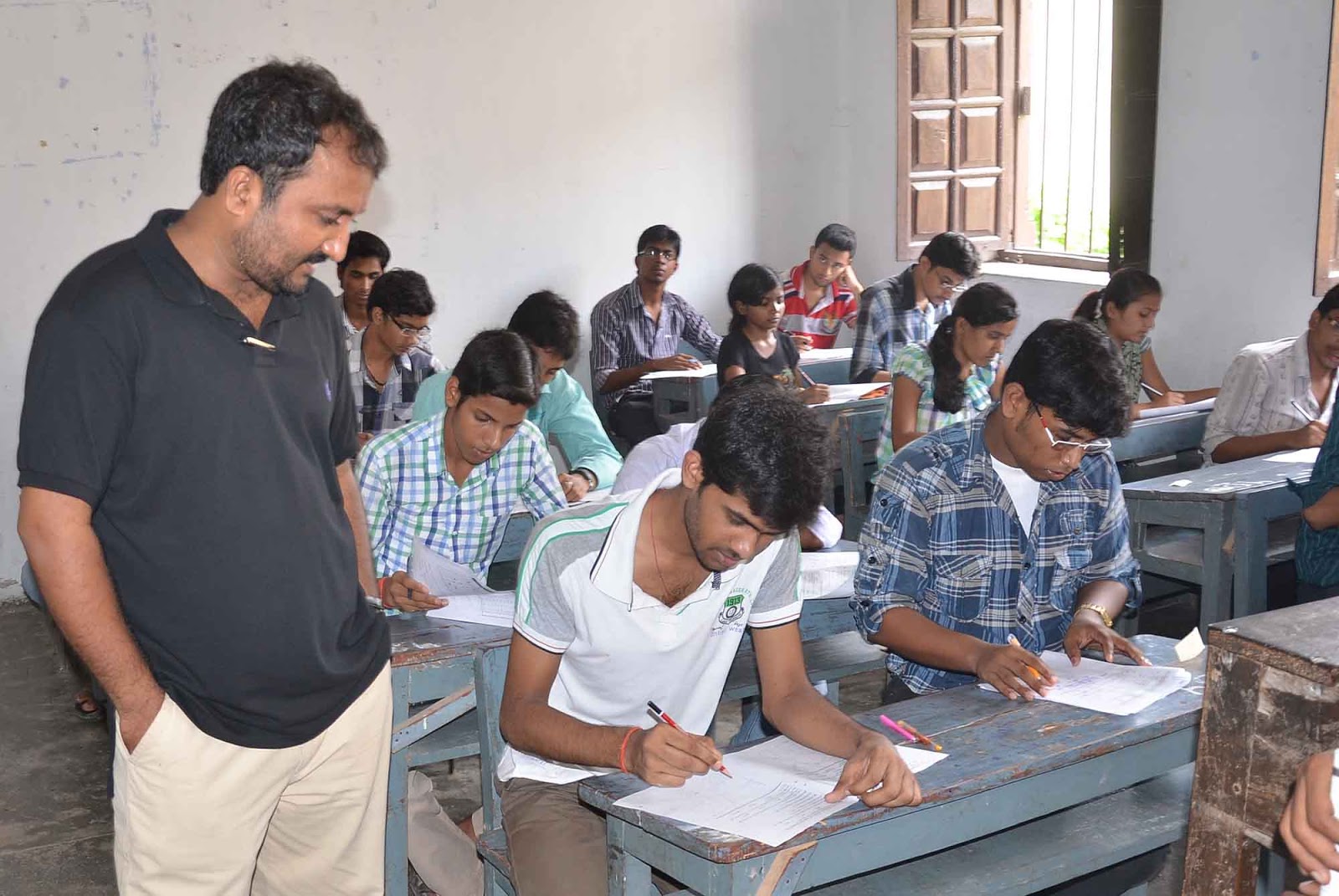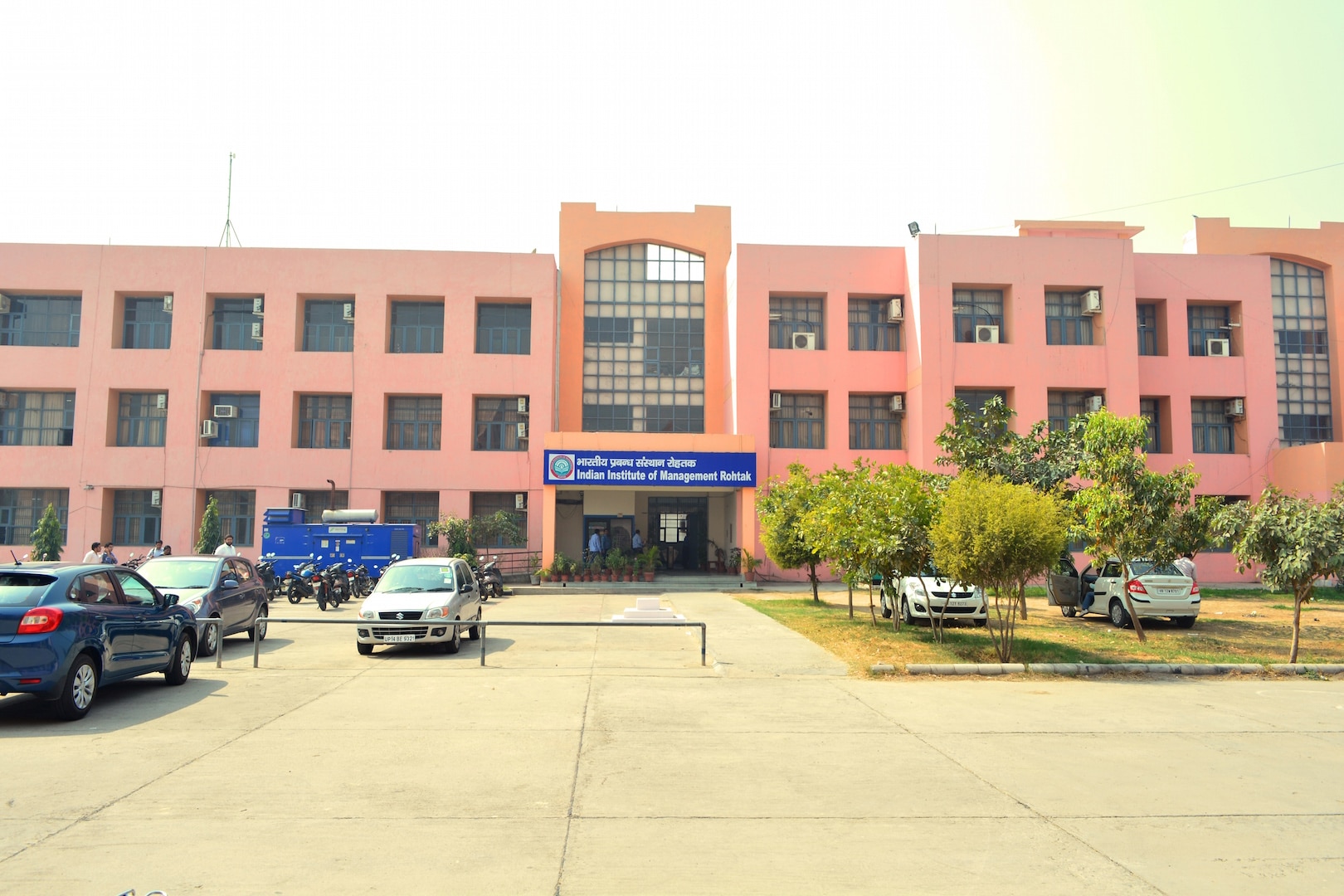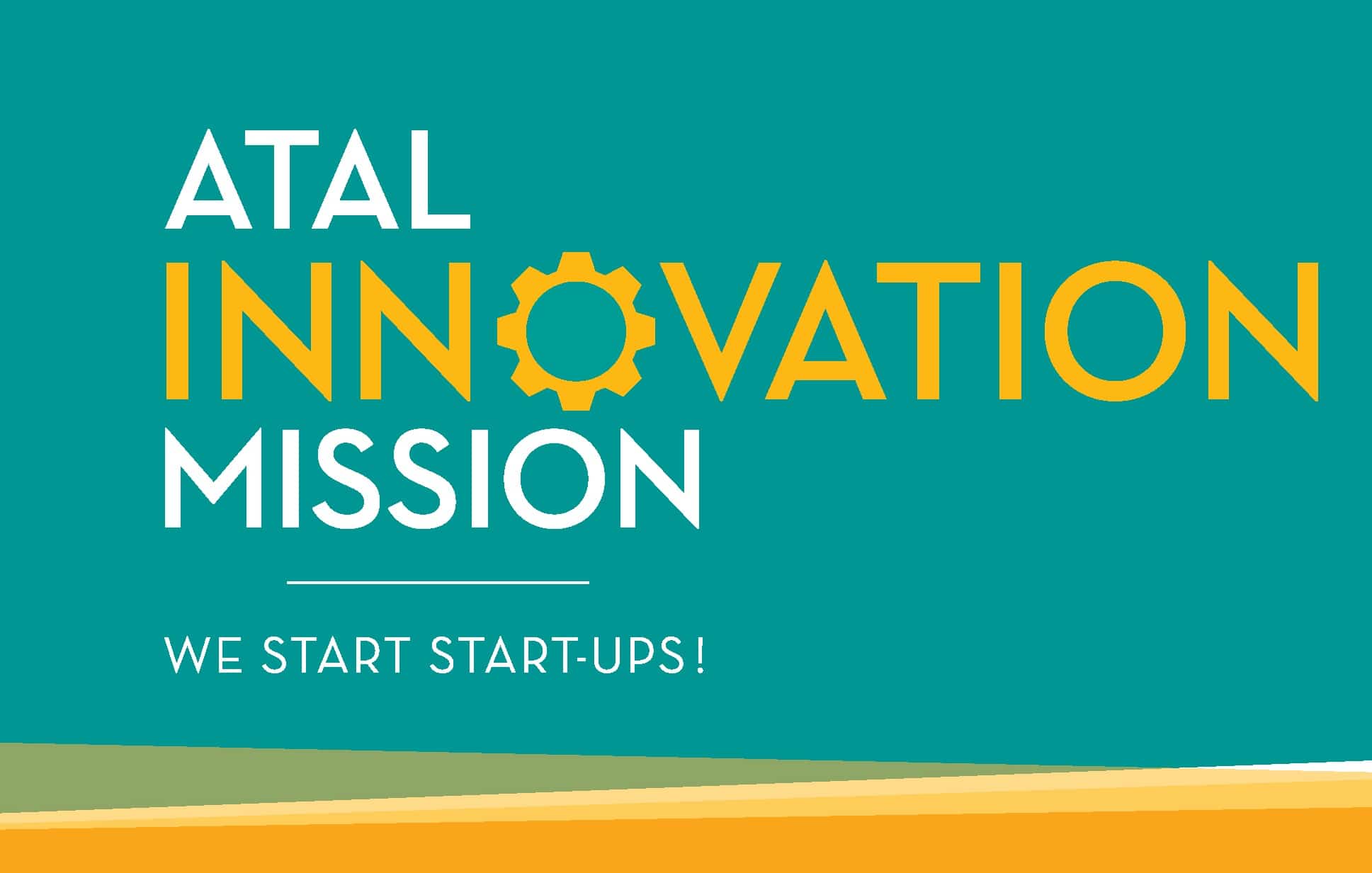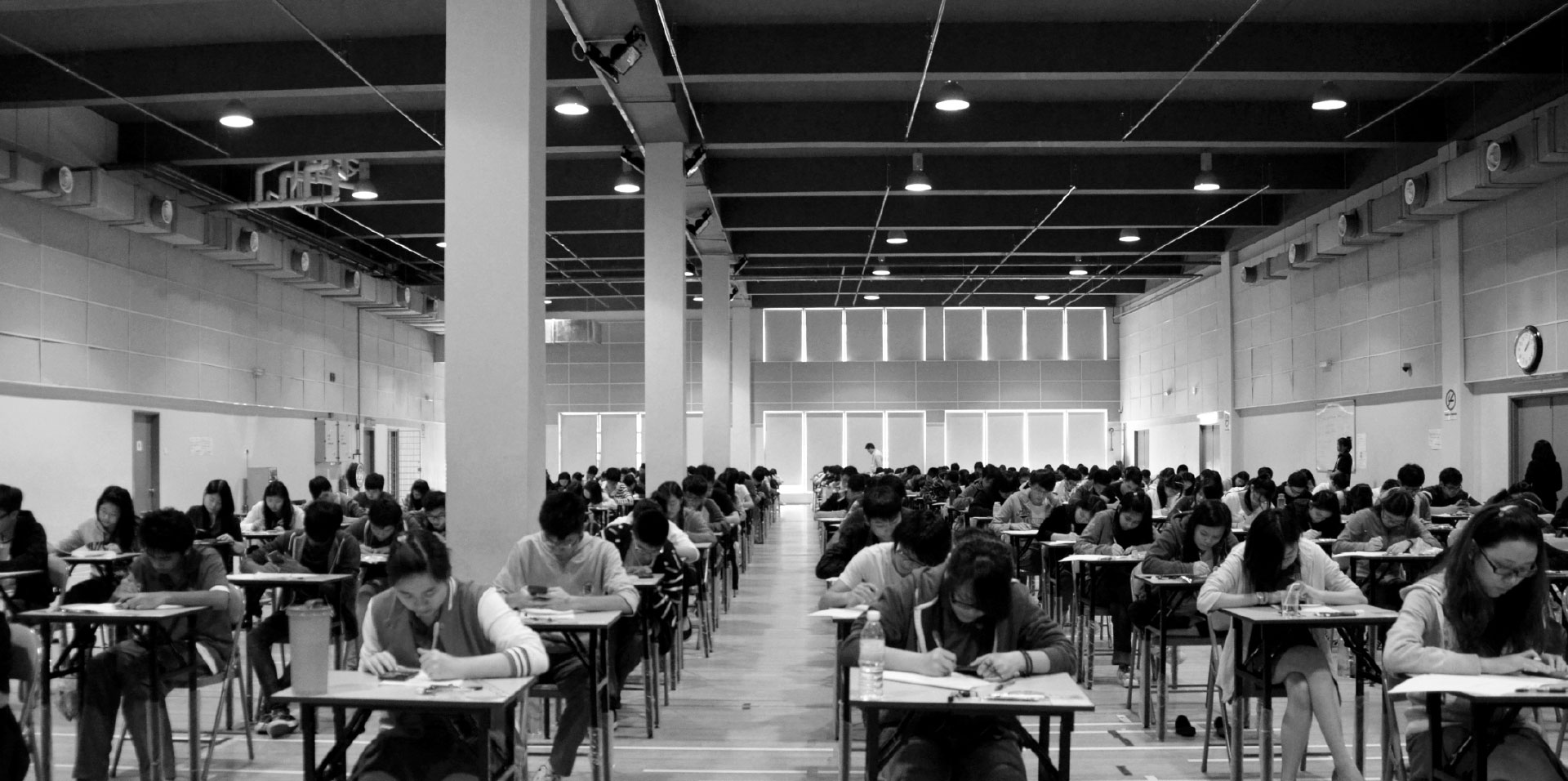We imbibe progressive ideas and new age teaching learning concepts through links with educational institutions across the world. The teachers and the students are exposed to a plethora of educational, cultural and social practices prevalent in different parts of the world, says Suma Das, Principal, Panwar Public School, Bhandup, in an interview with Elets News Network (ENN)
What are the methodologies followed at your school to embed best future practices and innovation with the teaching learning process?
 Panwar Public School (PPS), Bhandup, acknowledges the humungous role of the use of innovations in pedagogy to make the lessons interesting, effective and engaging. The teachers always walk the extra mile to ensure that they do not stagnate and hence adopt relevant and appropriate innovations in pedagogy in order to achieve better learning outcomes. Multimedia Presentations and Videos are shown on the Smart boards installed in every classroom to increase student engagement.
Panwar Public School (PPS), Bhandup, acknowledges the humungous role of the use of innovations in pedagogy to make the lessons interesting, effective and engaging. The teachers always walk the extra mile to ensure that they do not stagnate and hence adopt relevant and appropriate innovations in pedagogy in order to achieve better learning outcomes. Multimedia Presentations and Videos are shown on the Smart boards installed in every classroom to increase student engagement.
Some examples of innovative pedagogical practices adopted in the school are as follows:
Car Exhibition: Grade 10 – Innovative lesson in Mathematics and its application in daily life:
The Mathematics department of PPS, Bhandup designed an innovative strategy to help the students in understanding the concepts of topics like Sales Tax and Compound Interest. An “International Car Fair” was organised by the students under the guidance of teachers. The students themselves played different roles – that of a customer, seller, banker etc. Money exchange counters were set up to facilitate customers from various countries to exchange currency. This activity helped the pupils to understand the necessary calculations involved.
Global Scholars Programme: Secondary Section (2015-16)
The Global Scholars Programme is a Distance Education Programme by the US involving students from across the world to discuss the issues that affect the student community globally.
This collaboration included classes from Athens, Barcelona, Boston/Medford, Denver, Dubai, Istanbul, Jacksonville, Jakarta, London, Madrid, Mumbai, New York City, Shanghai, Volgograd and Warsaw.
“Desh Apnayen” content: Secondary Section
PPS Bhandup has tied up with the “Desh Apnaye” foundation for promoting citizenship education. Through the use of various day-to-day activities, the Desh Apnayen lesson modules help the teachers to make Civics as a subject more meaningful and lively for the pupils.
Science Lesson on Super Senses – Primary Section:
An extension activity was done after completing the topic “Super Senses” in Grade 5 Science. This innovative approach ensured the successful accomplishment of the learning outcomes.
Mathematics Lesson on Average – Primary Section
Each student of Grade 5 recorded the weight of five of their classmates using the weighing machine and calculated the average weight. They also found out the average age and average weight of their family members.
Lesson on Shapes: Pre Primary Section
The students learnt various geometric shapes like square, circle etc., through an interesting activity.
It is important to monitor innovative progress, performance and behaviour of every student at school. What initiatives have been taken by your school in this regard?
In order to monitor innovative progress, projects and assignments are given. Students who score average marks in the examinations may also come out with innovative ideas in the projects. Inter-house competitions like Science and Maths model making, “Trash to Fashion” etc, helps students to showcase their innovative ideas to others. Students are also given opportunities to give shape to their innovative ideas during the assembly programmes. The students perform skits, sing or dance to project their talents in front of their peers. These are conceived and organized by the students themselves under the guidance of the class teachers.
In order to monitor a student’s performance, various formative and summative tests are conducted throughout the academic year. The formative tests include open book tests, aural tests, verbal tests and activity based tests. This caters to all kinds of learners – visual, auditory, kinesthetic etc. The teachers pose questions to the students and continuously interact with them in every period to find out the extent of the student progress. The Term end papers help the students to build their scholastic abilities over the years. At the end of each term, a progress report is given to the parents on the Open Day. Thus the school, besides keeping track of the students’ performance also keeps the parents updated about it.
For innovation in school, it is very important to have skilled teachers. What measures have been taken at your school to improve the teaching experience?
The teacher is the dynamic force behind any school. A school without quality teachers is like a body without a soul. PPS Bhandup recognizes this aspect; hence the school administrators provide experiences for all teachers to grow as teachers and leaders. The institution offers numerous opportunities for the professional development of the teachers. Also revision of the teaching learning strategies from time to time helps the teachers to rediscover themselves and play their roles in the classrooms more effectively.
Workshops, Seminars and Refresher Courses for Teachers:
Teachers are lifelong learners. Workshops, seminars and training courses, help teachers stay up-to-date with new trends and learn fresh strategies, techniques and methods for classroom challenges. The increased knowledge gained through the workshops helps teachers improve student achievement.
Teachers at PPS Bhandup are provided with ample opportunities to conduct and attend Workshops, Seminars and Refresher courses – both in and outside the school premises. In addition, Resource persons are invited for talks as well as, presentations which help in the empowerment and capacity building of the teachers.
Interactive Boards for teaching:
The teachers in all the Grades use Smart boards installed in the classrooms which makes the teaching learning process very interactive and effective. Multimedia presentations and creative lessons take the students through the lessons in an interesting and engaging manner.
Lesson Observations:
A stringent system of lesson observations by heads of departments, coordinators, heads of various sections and principal has been chalked out and implemented in the school. This is followed by a prompt feedback and discussion with the higher authorities which ensures that the highest standards of teaching are maintained.
This system of continuous monitoring and evaluation of teachers keeps them well prepared for effective teaching. Suggestions are provided for betterment in classroom performance of the teachers.
Encouragement to Teachers for higher education:
At PPS Bhandup, teachers are encouraged to pursue higher education and acquire the qualification required to meet the demands of evolving educational environment. Teachers are given special allowances and are allowed to avail of leave facilities for the preparation of exams, so that they can complete the courses in a stress free manner. The teachers who have successfully completed the courses are also acknowledged for the same.
Exchange of knowledge and information:
At PPS, we believe in bartering of ideas with other institutions. The faculty is always willing to help teachers from growing institutions with their expertise. At the same time, PPS teachers do not hesitate to visit / contact veterans in various educational institutions. The following bears testimony to this fact:
ICSE cell meetings and Training Programmes:
Cell Meetings are an integral part of Teacher empowerment. They serve to orient newly recruited teaching staff members towards the curriculum, handling of the topics, setting of question paper and evaluation so as to achieve the desired learning outcomes successfully.
It is very important for the school and parents to be in sync for the holistic development of children. Please share the process you follow for it.
It is recognized that parent engagement is a key factor in the enhancement of student achievement and well-being as well as the performance of an Educational Institution. When parents involve themselves in the school programmes and activities, they develop a positive attitude towards the school; this leads to a positive attitude in the student. Students are more likely to be motivated, to earn higher grades, to display better behaviour and social skills, and to continue their education to a higher level when their parents are actively engaged in supporting their success at school.
Pawar Public School, Bhandup believes that the collaboration of the school with the parents can work towards the betterment of the institution. The school, the students and the parents mutually benefit during the synergistic interactions.































